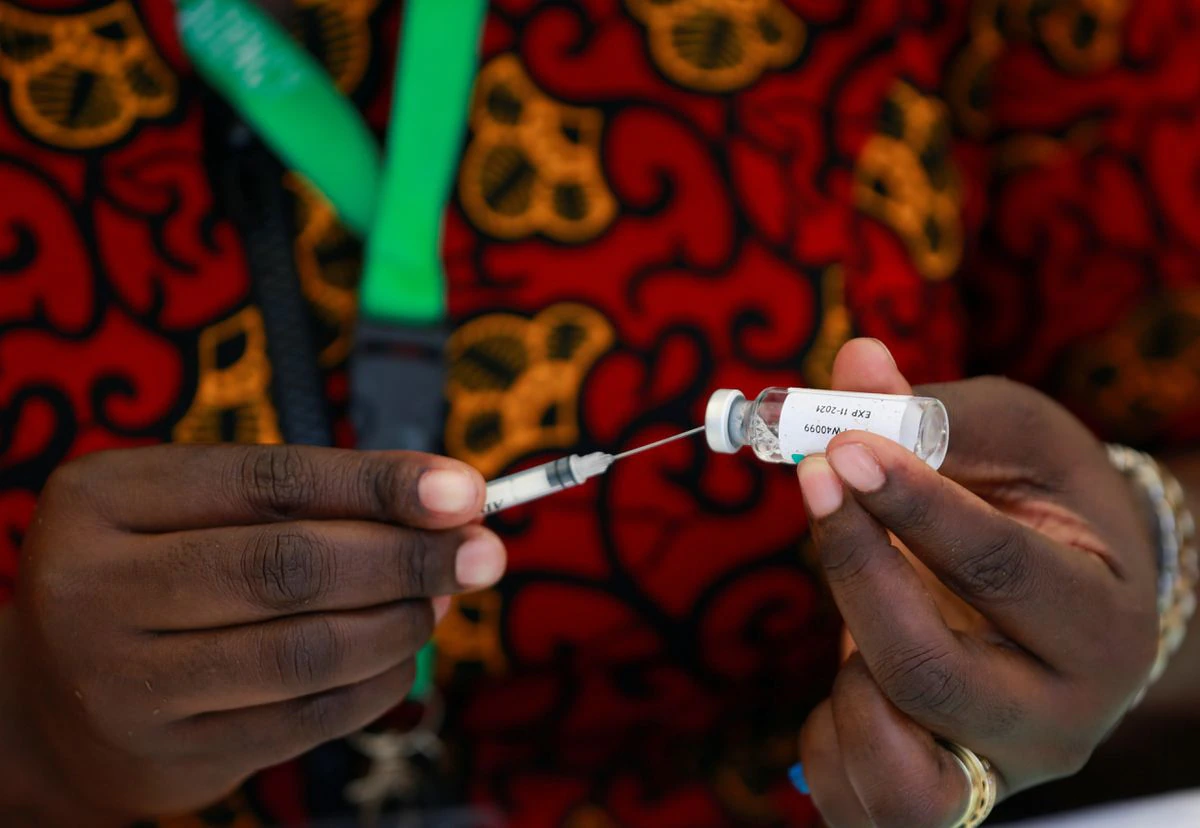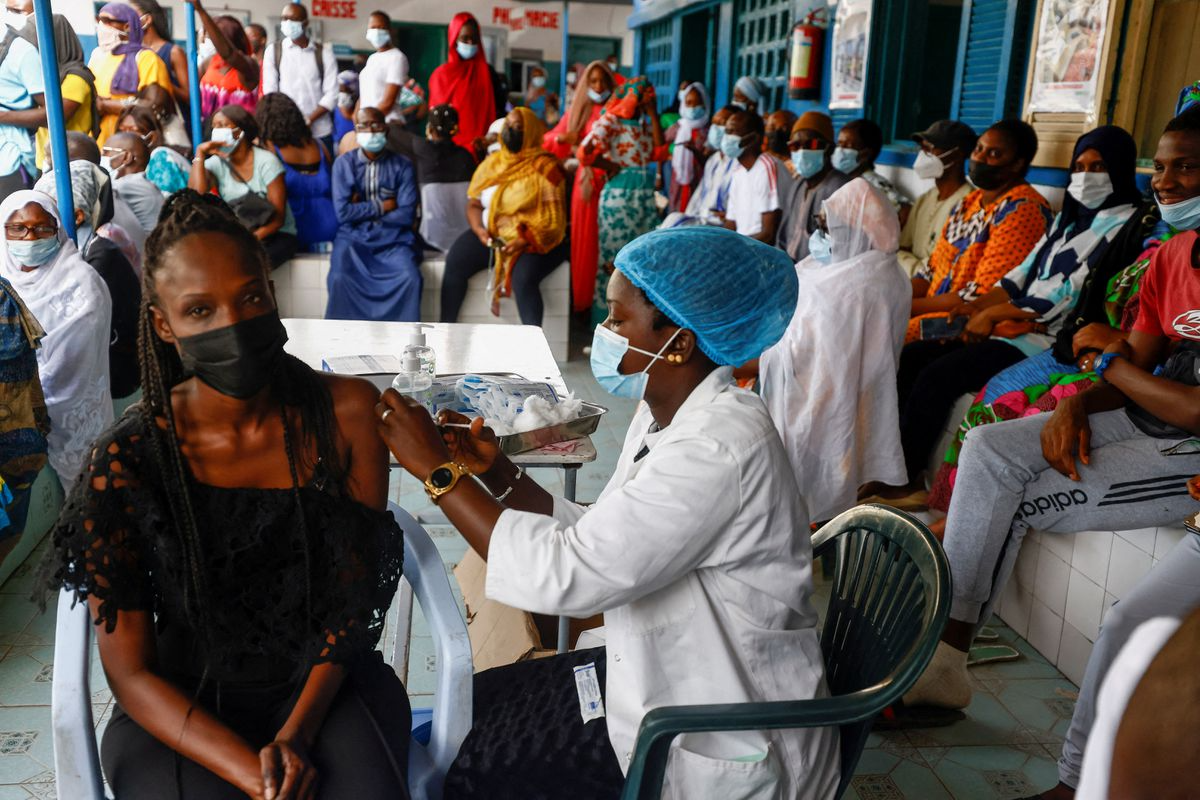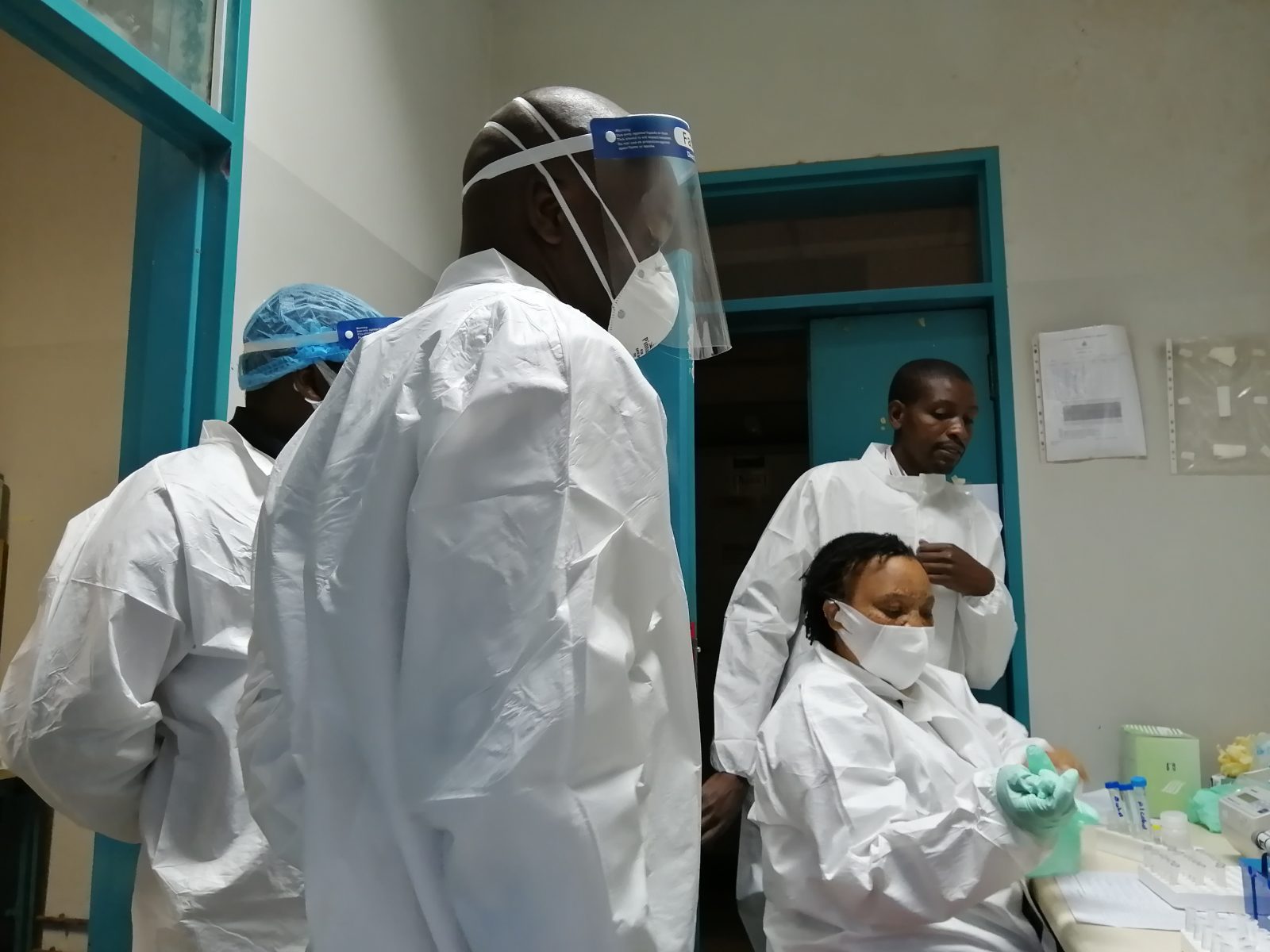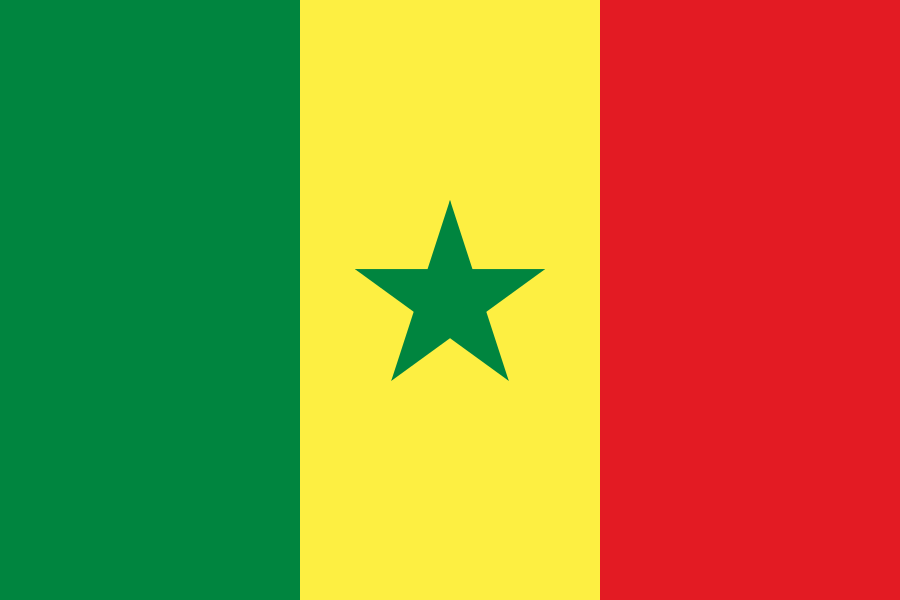ABUJA, Dec 13 (Reuters) - Nigeria will destroy around one million expired COVID-19 vaccines, Faisal Shuaib, head of the National Primary Health Care Development Agency (NPHCDA), said on Monday, adding his agency was working with drug regulator NAFDAC to set a date for their destruction.
Nigeria's health minister Osagie Ehanire said last week some COVID-19 doses donated by rich Western countries had a remaining shelf life of only weeks, adding to the country's challenges in vaccinating its people. read more Fewer than 4% of adults in Africa's most populous nation of over 200 million have been fully vaccinated.
Shuaib said the country had been accepting vaccines with short shelf lives from international donor nations in an attempt to use them quickly and provide some level of protection for Nigerian due to vaccine scarcity in the past.
Shuaib said Nigeria will no longer accept vaccines with a short shelf life, citing a presidential committee decision.
Last week, Reuters reported that around one million COVID-19 vaccines were estimated to have expired in Nigeria last month without being used. read more
Still, the World Health Organization's vaccine director Kate O'Brien said in a briefing on Thursday the proportion of wasted doses is smaller in countries receiving doses through COVAX than in many high-income countries. read more
DAKAR, Dec 13 (Reuters) - At least 200,000 COVID-19 vaccines have expired in Senegal without being used in the past two months and another 200,000 are set to expire at the end of December because demand is too slow, the head of its immunisation programme said on Monday.
African governments have been calling for more COVID-19 vaccines to help catch up with richer regions, where vaccine rollouts have been humming along for more than a year.
Yet, as the pace of supply has picked up in recent weeks some countries have struggled to keep pace. Logistical problems, the short shelf life of vaccines that arrive from donors, and vaccine hesitancy have all kept doses from reaching arms.
Up to 1 million COVID-19 vaccines expired in Nigeria last month, Reuters revealed.
"The main problem is vaccine hesitation," said Ousseynou Badiane, who is in charge of Senegal's vaccine rollout. "The number of cases is decreasing. They ask: 'why is it important to get vaccinated if the illness is not there now'?"
The majority of the expired doses were made by AstraZeneca (AZN.L) and supplied via COVAX, the dose-sharing facility led by the GAVI vaccine alliance and the WHO, he said.
Low vaccination rates in Africa will help prolong the pandemic and raise the risk of new variants emerging, such as the Omicron variant that was first identified in southern Africa and Hong Kong and is now spreading in many countries.
'NOT OPTIMISTIC'
Senegal has recorded more than 74,000 COVID-19 infections and 1,886 deaths, far below the numbers seen in many nations hit harder by the virus. The pace of infection has dropped off since a third wave in July spurred a spike in vaccine demand. The country occasionally records no new daily cases.
But apathy hurts the vaccination drive. Senegal has administered nearly 2 million doses of vaccines so far, Reuters data shows, enough to fully vaccinate only about 5.9% of the population.
It is currently vaccinating between 1,000 and 2,000 people per day, Badiane told Reuters, down from 15,000 during the summer. At this pace, it cannot use all the vaccines it has.
"We are not optimistic" about using the other 200,000 doses before they expire at the end of the month, he said. "We don't expect any demand increase before then."
Part of the problem is the short shelf life of vaccines that arrive from donors that include the United States and China. Senegal refuses to take vaccines with a shelf life shorter than three months, but even that creates difficulties.
Badiane hopes the government can introduce some kind of restrictions on the unvaccinated to drive up inoculation rates, including the use of a health pass as many other countries have done.
"Without the restriction, the population will not get vaccinated," he said.
ZIMBABWE will bar unvaccinated government workers from reporting for duty from Monday as part of efforts to fight COVID-19, an official circular showed.
The southern African country has, as of October 14, recorded 4,655 COVID-19-related deaths from 132,251 infections since March 2020.
Although the country was one of the first on the continent to vaccinate against COVID-19, less than 2.5 million people out of its 15 million population have been fully vaccinated.
The vaccination rate has slowed down in recent weeks, as infections decline, with the government saying it has adequate doses in store.
On Sept. 14 President Emmerson Mnangagwa’s cabinet ordered all government workers to get vaccinated, giving them a month to comply. Those barred from work will not get paid, according to the cabinet directive.
“Please note that members who fail to produce the vaccination certificates shall not be allowed to report for duty, in an endeavour to implement (the) government’s thrust of minimising the spread and effect of the novel COVID-19 pandemic,” the Oct. 14 circular said. It was signed by health permanent secretary Jasper Chimedza and was distributed to heads of government departments and shared with reporters.
“Those who will not attend to their daily duties due to non-compliance shall be deemed to be absent from work and consequential action will be taken,” it said, referring to no pay and potential disciplinary action.
The Zimbabwe Congress of Trade Unions, the country’s main labour body, has gone to court to challenge the government’s compulsory vaccination drive, which has also been adopted by some private businesses.
SENEGAL has logged only two new daily COVID-19 infections, the lowest number since the pandemic reached the country and two months after the rate of new cases hovered at record highs, the health ministry said on Monday.
“Two cases were recorded today, the lowest ever recorded,” said health ministry spokesperson Ngone Ngom. “They were in the past seven, 10 cases, but from the top of my head I think this is the lowest.”
While the number of COVID-19 infections has been relatively low in Senegal compared with elsewhere, the West African nation is emerging from its deadliest wave yet. Twenty thousand of its 73,800 cases and 250 of its 1,860 deaths were recorded in July alone.
The country of around 17 million people is pressing ahead with vaccinations, but still has a long way to go.
Vaccinations have more than doubled since the start of July, with the country having administered since then around 730,000 of its total 1.25 million doses used so far.
But it remains a far cry from the World Health Organization’s target vaccination rate of 40%.




